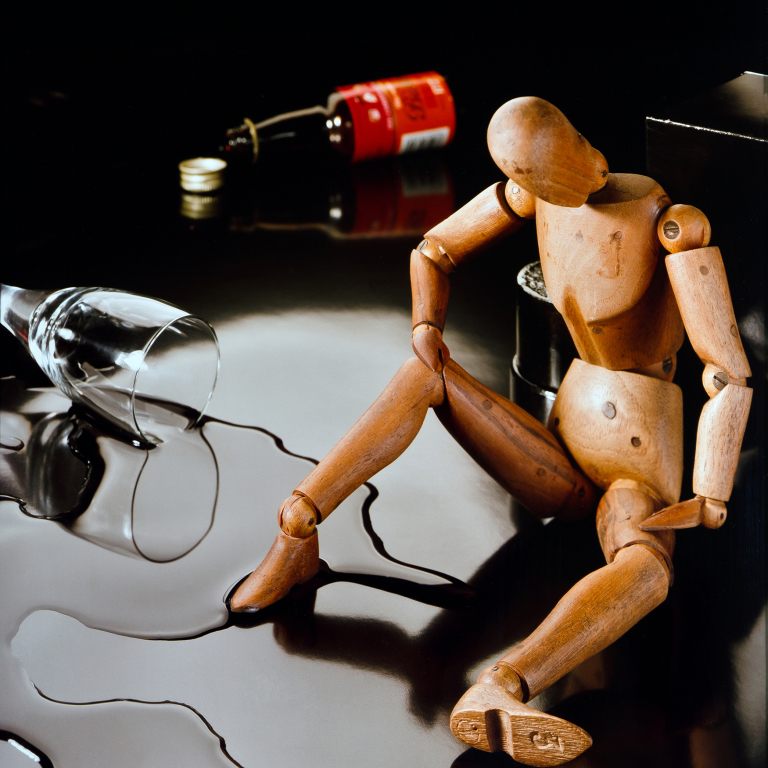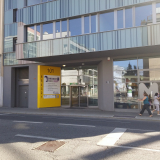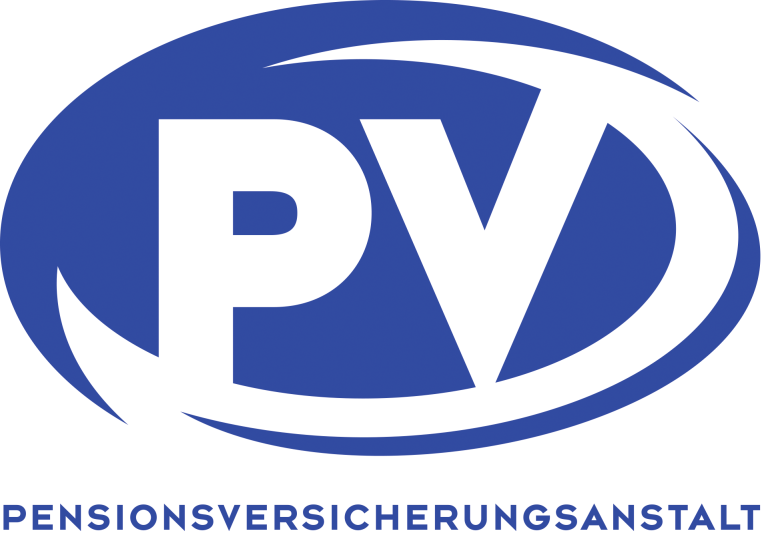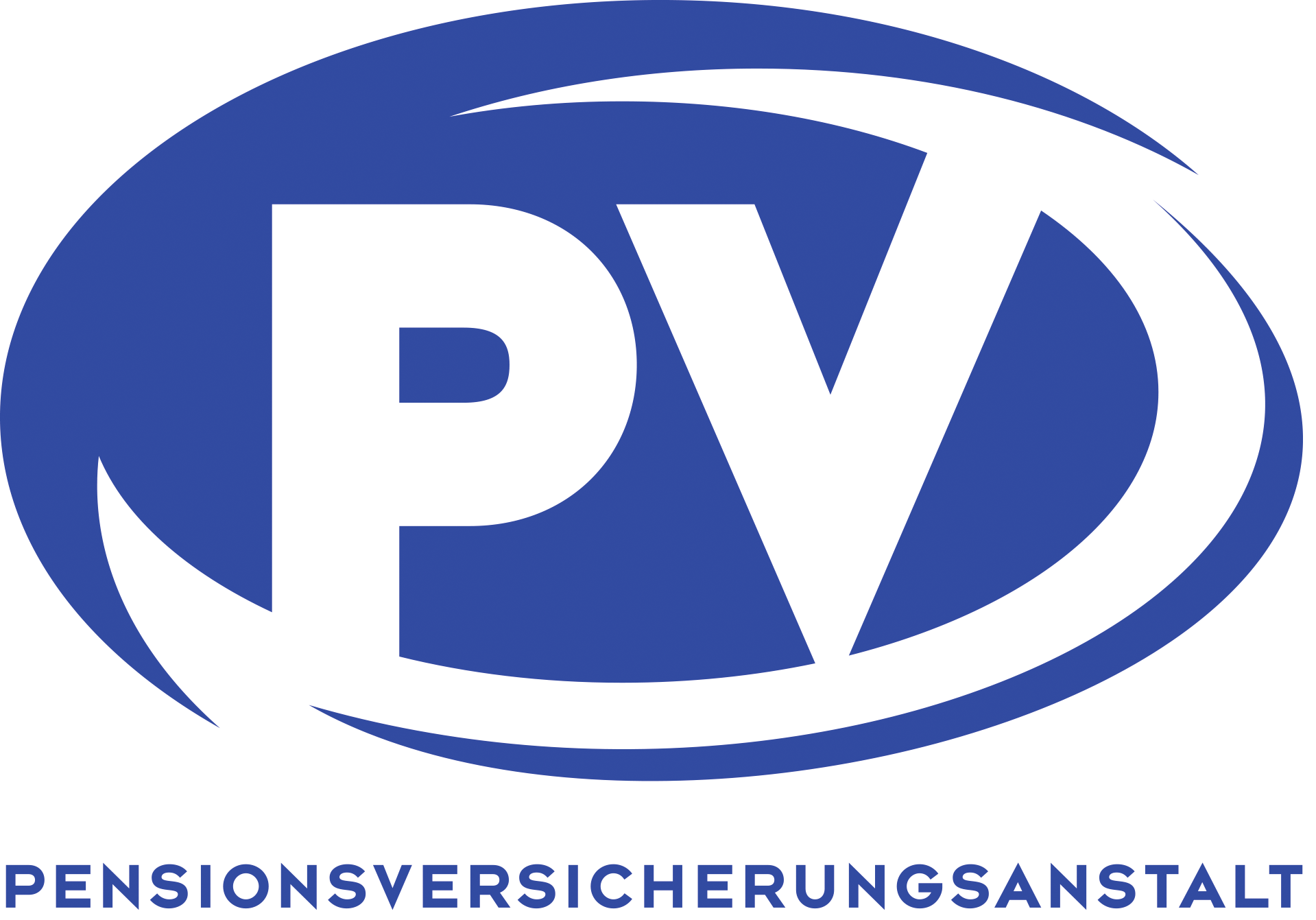Outpatient therapy/rehabilitation
Preconditions
The preconditions for admission to an outpatient therapy/rehabilitation is a first discussion with a member of our counselling team, the associated anamnesis and subsequently the completion of a physical partial or complete withdrawal and the clarification of the assumption of costs.
Duration
- Clients from Vienna
-
3 to 24 months: For Vienna clients the outpatient therapy/rehabilitation is offered in four different intensity modules between 3 and 24 months. It is suitable for non-substituted clients (drugs, alcohol etc.) as well as for substituted clients and for clients with a substance-related (drugs, alcohol etc.) as well as a non-substance-related addiction (e.g. compulsive gambling), both for young people and adults.
- other provinces
-
6 to 18 Monate: For clients from all the other provinces the outpatient therapy/rehabilitation lasts from 6 to 18 months.
Mentoring in everyday life
Outpatient counselling and therapy/rehabilitation means the mentoring of those affected while maintaining their current life circumstances. This means the therapy is integrated into the personal everyday life of those concerned.
Therapy model and objective
The medical aspect is particularly important in outpatient therapy as good medical (general medical, psychiatric) care, above all in substitution therapy, forms the basis of therapy/rehabilitation in other areas.
Psychotherapy, clinical-health psychology
The therapeutic work is dedicated to the stabilisation of the clients and is primarily focused on supportive elements. Long-term psychotherapy or clinical health psychological therapy/rehabilitation is possible.
Social work
Social work represents an important focus of outpatient therapy/rehabilitation and is dedicated to the social integration of clients in the fields of finding housing, managing debts, finding work etc. The social workers are supported by social pedagogues, addiction counsellors, and also by members of the therapeutic team. In the field of work and education the support is above all aimed at integration in the first or second labour market. If they have no job or education, the clients are supported in completing their education and further education. Cooperation with schools, training agencies, WIFI (Institute for Economic Development), BFI (Vocational Training Institute), PVA, WGKK, AMS or the Wiener Berufsbörse supports this.
Active leisure time
In the field of active leisure time the clients are supported above all through cooperation with other organisations (in Vienna e.g. the association LOG IN).
Relatives
Relatives are offered specialist support in the outpatient counselling and care centres. In therapeutically mentored relatives’ groups there is also the opportunity to discuss with one another, and to receive information about the illness and the therapy/rehabilitation, to learn understand the role the internal family backgrounds for the development of addiction and to find new paths in contact with the addicts.
Objective
At the end of this therapy/rehabilitation, clients should be in a position to live their lives independently, to have the necessary assistance and resource contacts at hand, to be socially integrated and financially secure, to be in a satisfactory housing situation and ideally also be in a job or in education.
With „Alkohol. Leben können.“ there are new possibilities for care, which is completely tailored to the individual situation of the person concerned. (currently only for clients with headquarters in Vienna)
Outpatient therapy/rehabilitation and duration
- Preparation
-
Target group: clients who are planning an inpatient stay. The aim of this module is to prepare clients for an inpatient stay.
- Therapy & rehab intensity 1
-
Target group: alcoholics who require intensive therapeutic therapy/rehabilitation but owing to their living situation cannot complete an inpatient stay – or after an inpatient stay.
Duration: 3 months - Therapy & rehab intensity 2
-
Target group: alcoholics who require outpatient therapy/rehabilitation for their addiction, also following inpatient therapy/rehabilitation.
Duration: 6 months - Therapy & rehab intensity 3
-
Target group: alcoholics who require outpatient therapy/rehabilitation that focuses on long-term mentoring/rehabilitation and not so much on an acute therapy/rehabilitation.
Duration: 12 months - Therapy & rehab intensity 4
-
Target group: alcoholics who require long-term mentoring/rehabilitation. The aim of this module is the long-term mentoring/rehabilitation of alcoholic clients. It makes it possible for clients to maintain contact with the rehabilitation institution without being under time pressure.
Duration: 24 months
Therapy model and objective
In the medical/psychiatric field the main emphasis is on the optimum medical treatment and dosage for the clients. This is particularly important in outpatient therapy, as physical and psychological stabilisation represents the basis of psycho-social rehabilitation.
Psychotherapy, clinical-health psychology
Clinical-health psychological or psychotherapeutic work focuses primarily on supportive elements. Long-term psychotherapy or clinical-health psychological therapy/rehabilitation is desirable and possible.
Social work, occupational therapy
Social work in the Grüner Kreis is at the intersection between the individual and the environment/society. It is dedicated to the social integration of clients in the fields of finding housing, managing debts and finding work and is carried out by our social workers. This work is supported by social pedagogues, addiction counsellors, and also by members of the therapeutic team.
If the client is in work or education, the aim is to maintain this. Here it is primarily a question of measures to keep people in work. With job-seekers or unemployed clients they receive support in order to rejoin the labour market as quickly as possible. Cooperation with schools, training agencies, WIFI (Institute for Economic Development), BFI (Vocational Training Institute), PVA, WGKK, AMS or the Wiener Berufsbörse supports this.
Active leisure time, sport, art, creativity
Through cooperation with other organisations clients are motivated to find active leisure-time pursuits (sport, art, culture, creativity).
Relatives
As far as possible relatives are involved in the ongoing therapy work.
Objective
The objective of outpatient therapy/rehabilitation is that clients are occupationally and socially integrated in such a way that they do not require inpatient stabilisation or to facilitate a mentored analysis of their addiction for clients after inpatient therapy/rehabilitation. In the course of therapy/rehabilitation the clients should be in the position to be able to lead a stable life and to have the necessary assistance contacts and resources at hand.









